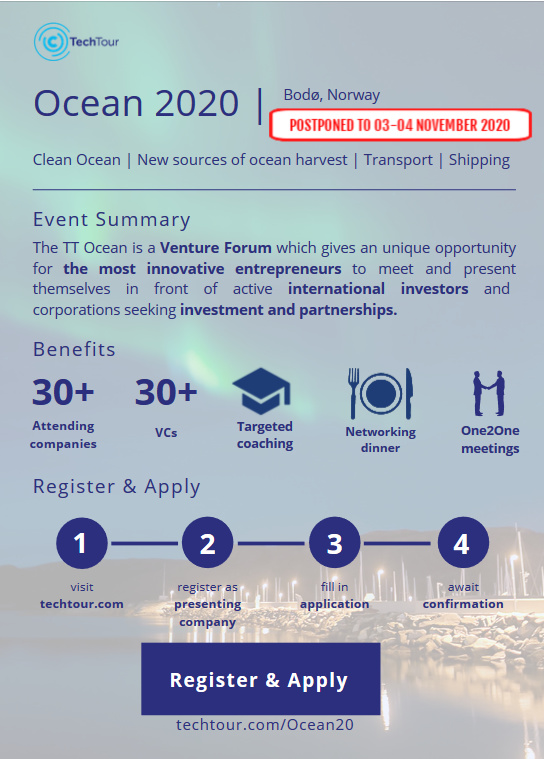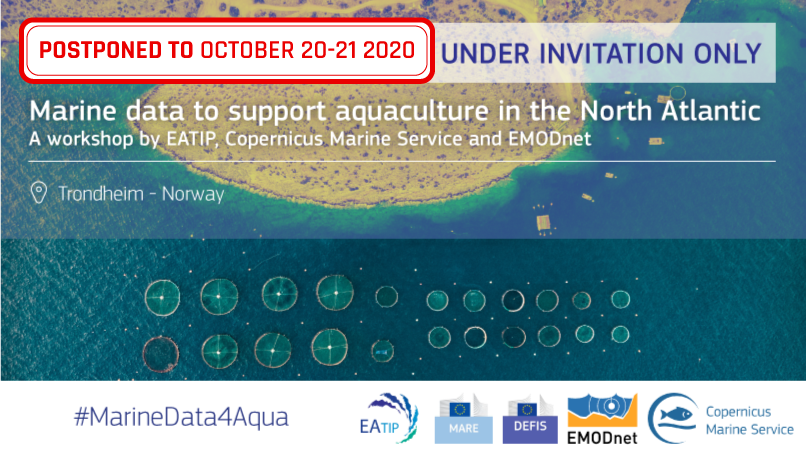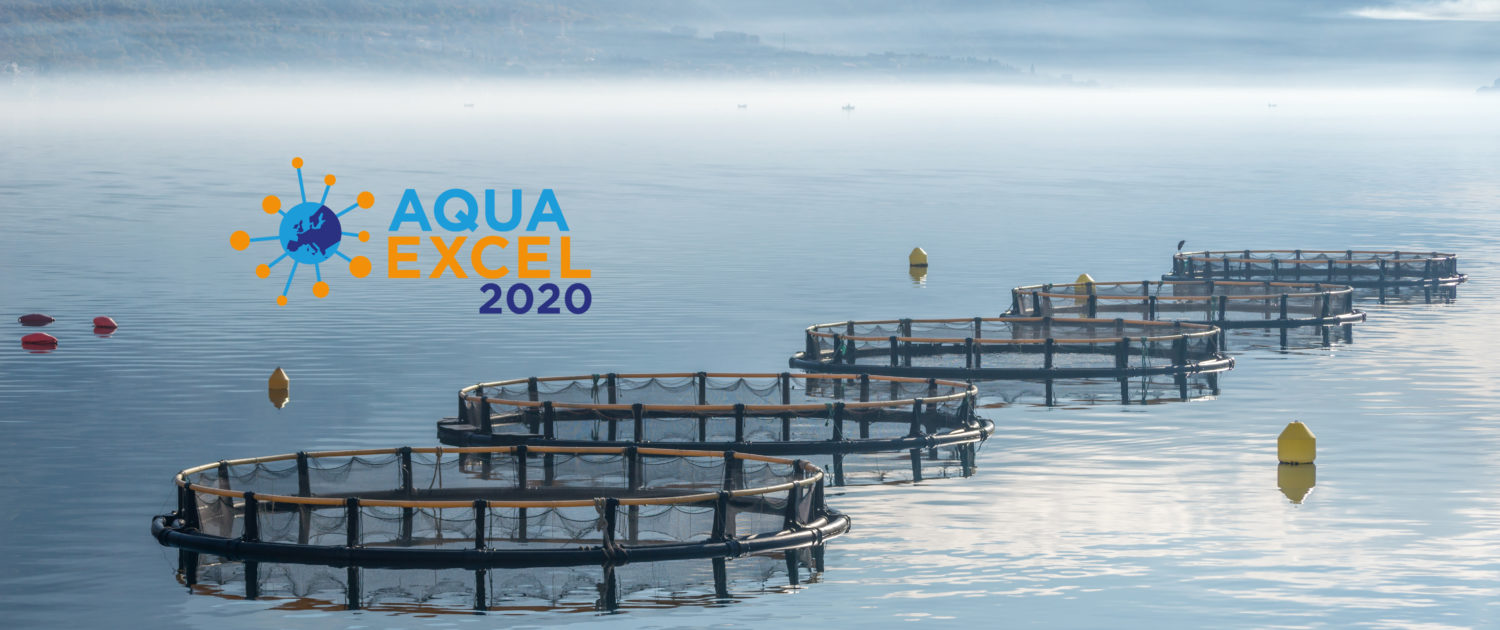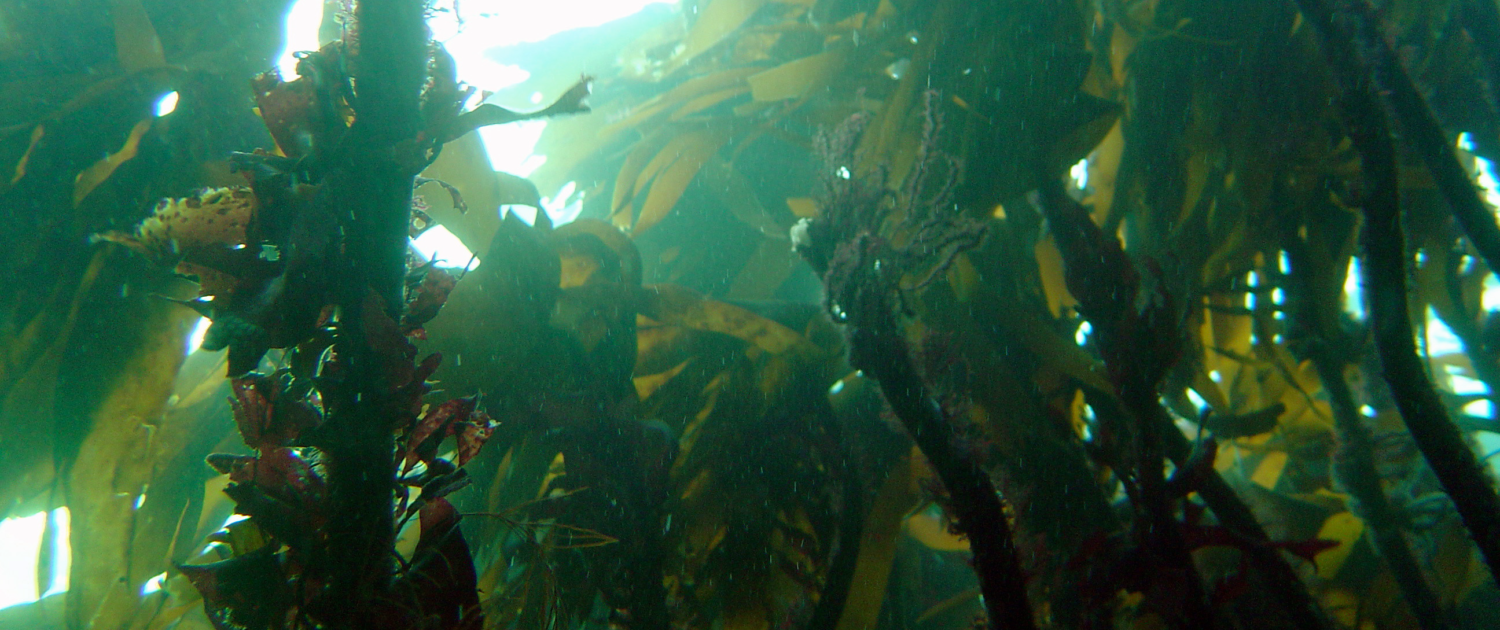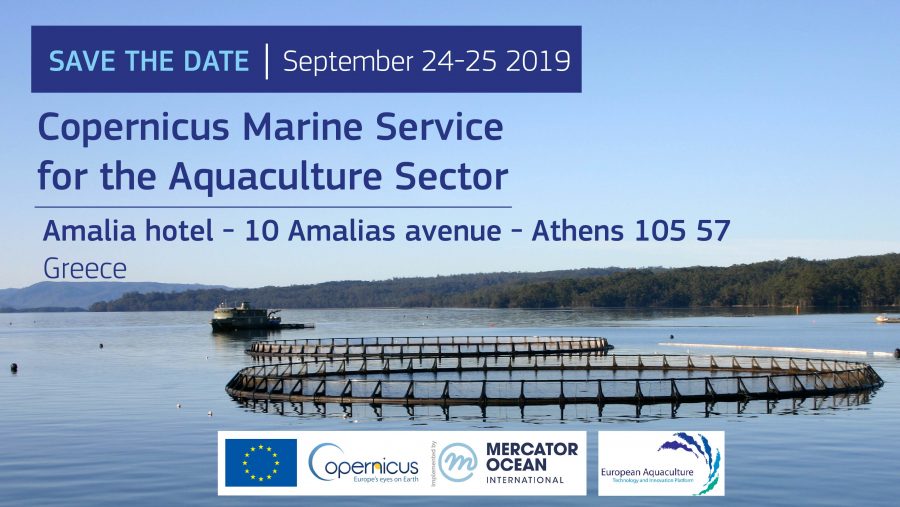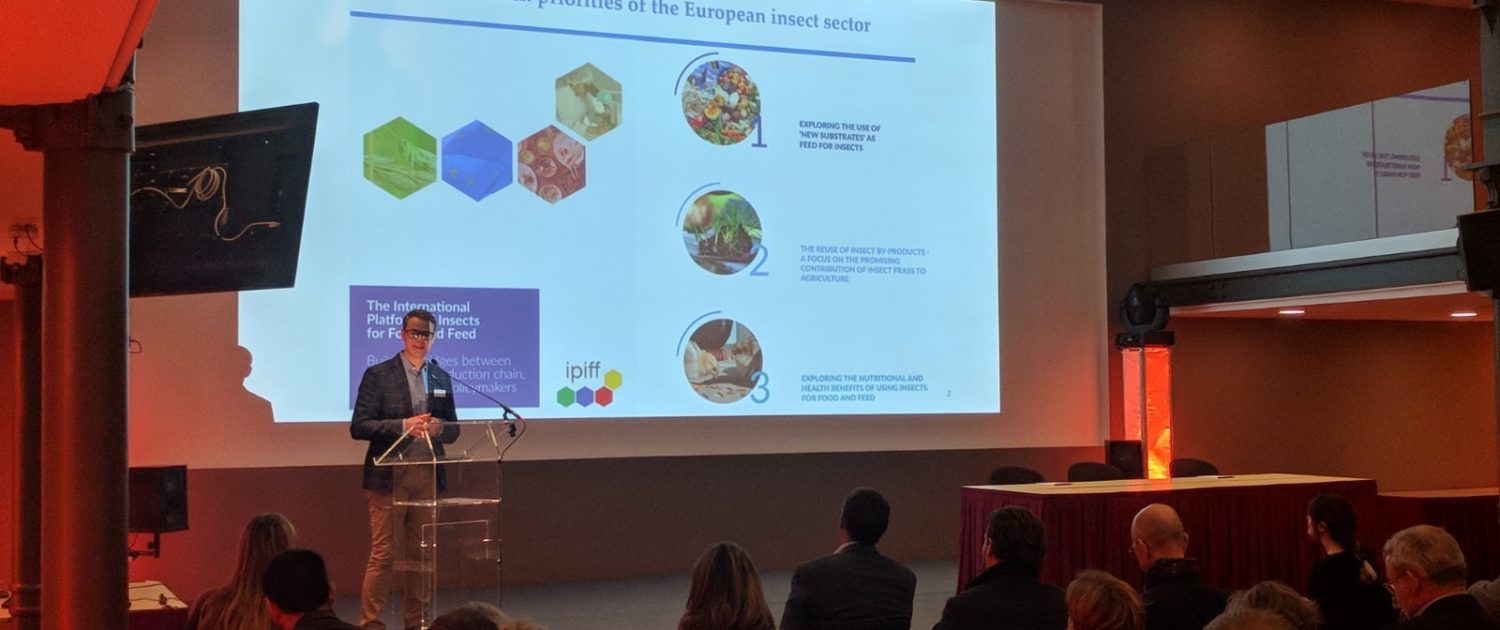
‘The European insect sector supports the development of research projects in line with its regulatory calendar’
Brussels, 4th of December 2019
Press release from IPIFF (International Platform of Insects for Food and Feed)
Gathered in the EU’s capital for the International Workshop entitled ‘Unleashing the Circularity Potential of the European Insect Sector through Research and Innovation’ and the IPIFF General Assembly, the International Platform of Insects for Food and Feed (IPIFF) – the Brussels-based umbrella organisation representing stakeholders active across the insect production value chains – reiterated the importance of synergetic research initiatives, developed in harmony with the regulatory calendar of the sector and markets’ needs.
Introducing the event, Cindy Schoumacher (European Commission, Directorate-General for Research and Innovation) presented an overview of the FOOD 2030 strategy, underlining the important role of the protein transition in the context of European, as well as global challenges. To this end, the keynote speaker of the Workshop highlighted that further research in the field of insect farming has the potential to offer reliable and practical solutions to the agri-food nexus. ‘The alternative proteins sector, including insects, will play a major role in contributing to sustainable, healthier, climate-resilient food systems, providing new business opportunities for actors in the food systems’, concluded Ms Schoumacher.
‘IPIFF’s role is to establish an efficient and engaging dialogue with actors from across the food and feed chains. Up-to-date science-based evidence will allow us to better communicate our messages to authorities, helping us to unlock certain regulatory opportunities’, added IPIFF’s President, Antoine Hubert. ‘We believe that new substrates authorised in insect farming, such as former foodstuffs with meat and fish will further upcycle nutrients from underutilised streams, reducing the pressure on natural resources and providing local solutions that can complement today’s feed ingredients’.
On the occasion of this International Conference, the IPIFF Executive Committee Member in charge of research Lars-Henrik Lau Heckmann – presented the latest IPIFF publication, ‘Building bridges between the insect production chains, research and policymakers’ – a brochure developed by the association as a Contribution Paper to the public consultation on the architecture of the Horizon European Research and Innovation programme.
‘The research priorities our sector had identified are meant to contribute with realistic solutions to reducing food waste, improving soil fertility, while also offering healthy food for both humans and animals. We need insects not only to boost the circularity of our food-producing systems, but also for their sustainability credentials’, concluded Dr Lau Heckmann.
Organised in a multistakeholder approach, the two sessions of the Workshop brought together experts from numerous fields – such as investment research, aquaculture, poultry and pig farming, food and feed industries and policymakers, as well as more than 130 actors active in the insect production value chains. ‘It is our role to make sure that future regulatory developments are backed by scientific evidence. Thus, we are confident that the future framework of the Horizon Europe Research and Innovation programme will be a catalyst for unleashing the circularity potential of the European insect sector’ concluded Henrich Katz, IPIFF’ Treasurer.
For more information, please contact
IPIFF Secretariat
Christophe Derrien
T: +32 (0)4 86 44 94 76
christophe.derrien@ipiff.org
Constantin Muraru
Tel: +32(0)2 743 29 97
info@ipiff.org
www.ipiff.org
The International Platform of Insects for Food and Feed (IPIFF) is a non-profit organisation which represents the interests of the insect production sector towards EU policy makers, European stakeholders and citizens. Composed of more than 50 members, most of which are European insect producing companies, IPIFF promotes the use of insects and insect-derived products as top tier source of nutrients for human consumption and animal feed.

